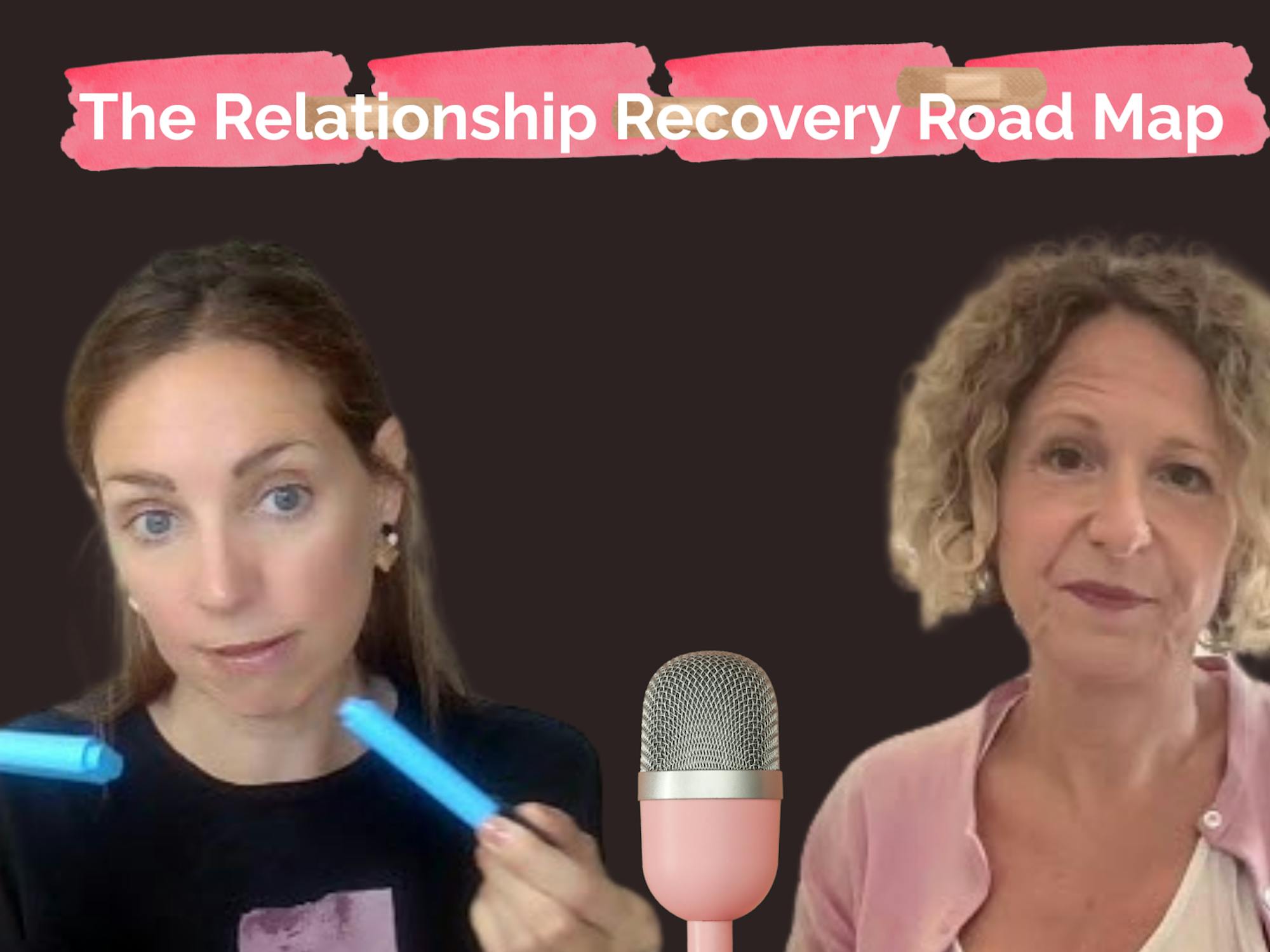Infidelity is one of the most challenging hurdles a couple can face. As Amanda Deverich, a seasoned Licensed Marriage and Family Therapist, notes, discovering an affair is akin to being thrust into an emotional emergency room. But just as physical wounds can heal, so too can the emotional fractures caused by betrayal—provided the process is approached with insight, understanding, and commitment.
Why Do Affairs Happen?
One of the most pressing questions couples face after infidelity is "Why?". Why would a partner stray, particularly when the relationship seemed stable?
Amanda emphasises that good people can have affairs. It’s essential to understand that most betrayals are not born of malice. People don’t typically have affairs to intentionally hurt their partner. Instead, infidelity often arises from unmet emotional needs within the individual experiencing dissatisfaction. This dissatisfaction might not even be consciously acknowledged but manifests in a search for fulfilment outside the relationship.
The Emotional Void
As Amanda explains, infidelity often stems from a person’s struggle with their identity or unmet needs: "Often, affairs are about finding what was lost in themselves. It could be tied to a midlife crisis, feelings of being unappreciated, or changes in self-image."
This highlights a core truth: infidelity is more about the betrayer’s internal struggles than the shortcomings of their partner.
The Misunderstood Blame Game
Amanda’s insights also dismantle a damaging misconception: that a betrayed partner’s inadequacies caused the affair. She firmly states: "Nowhere do I ever want to say an affair was justified because a partner had a shortcoming. There’s always a way to confront the problem or to leave."
This perspective is critical for both partners to embrace as they move toward healing.
The Healing Process: Awareness, Vulnerability, and Rebuilding
Healing after infidelity requires courage, vulnerability, and self-awareness. It’s not an easy path, but it is possible.
For the Betrayer: A Journey of Self-Awareness
One of the betrayer’s primary responsibilities is to understand why they made the choices they did. This involves digging deep into their emotions, motivations, and unmet needs. Amanda frames this as a necessary step for the healing process: "It takes self-awareness to ask: What was going on for me? Why did I make that choice? What could I do differently in the future?"
Only by addressing these questions can the betrayer begin to rebuild the trust they’ve broken.
For the Betrayed: Reclaiming Confidence and Safety
For the betrayed partner, the journey involves grappling with complex emotions, including feelings of inadequacy and a shaken sense of safety. Amanda highlights two critical areas that need addressing:
- Ego: Questions like "Why wasn’t I enough?" often surface, which can lead to feelings of self-doubt.
- Survival: This involves the instinctive need to safeguard against future betrayal, which might manifest as efforts to "do more" or "be more" in the relationship.
Amanda offers a crucial reminder: "It’s not about you. It’s about this other person and their process." While the pain is intertwined, separating personal worth from the act of betrayal is a key step in reclaiming emotional stability.
The Courage of Vulnerability
Amanda beautifully describes love and relationships as inherently risky. She likens vulnerability in love to the delicate beauty of a flower: "Love is risk. Relationship is risk. A flower is beautiful because of its fragility." Healing after an affair requires both partners to embrace this vulnerability anew. It takes courage to lay one’s heart open again, knowing the risks but trusting in the possibility of a stronger, more resilient bond.
Safeguarding Your Relationship: Can Infidelity Be Prevented?
Is it possible to "affair-proof" a relationship? While there are no guarantees in love, proactive steps can significantly reduce vulnerabilities. Here are some strategies Amanda suggests:
- Open Communication: Regularly discuss emotional needs and vulnerabilities with your partner. Don’t wait for dissatisfaction to fester.
- Self-Awareness: Continually reflect on your emotional well-being and communicate any struggles to your partner before seeking solace elsewhere.
- Intentional Connection: Foster intimacy and appreciation by prioritizing quality time, thoughtful gestures, and physical affection.
- Seek Help Early: Don’t hesitate to seek professional support when challenges arise. Therapy or coaching can help address issues before they escalate.
A Common Misunderstanding About Affairs
One of the most pervasive myths is that an affair happens because something is fundamentally wrong in the relationship. Amanda’s work debunks this:
"The most common misunderstanding is that an affair reflects a partner’s shortcomings."
This misconception can prevent couples from addressing the deeper, more personal dynamics at play. Recognizing that infidelity often reflects the betrayer’s internal struggles allows couples to approach healing with greater empathy and understanding.
Moving Forward: Hope After Betrayal
Infidelity may feel like the end, but for many couples, it can mark a new beginning—a chance to rebuild with stronger foundations and deeper connection. By embracing self-awareness, fostering vulnerability, and seeking guidance, couples can emerge from the storm of betrayal with renewed strength.
As Amanda Deverich reminds us, love is a risk, but it’s a risk worth taking.
If you’re navigating the aftermath of infidelity or seeking to strengthen your relationship, reach out to Amanda Deverich or explore resources at her website. To hear more of Amanda’s insights, listen to her full interview on The Relationship Breakthrough Show. Amanda's website: Author, Speaker, Coach- Amanda Deverich, LMFT



